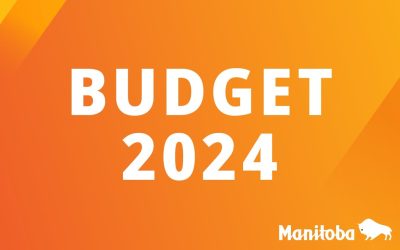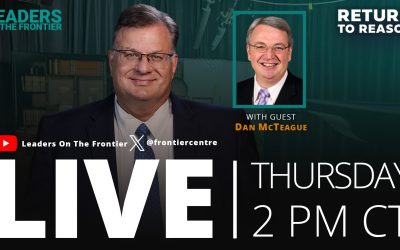In the matter of Occupy Wall Street, the allegedly anticapitalist movement that's been camped out in lower Manhattan for the past few weeks and has inspired copycat protests from Boston to Los Angeles, we have some sympathy. Really? Well, yeah.
OK, not for the half-naked demonstrators, the ranting anti-Semites, Kanye West or anyone else who has helped make Occupy Wall Street a target for easy ridicule. But to the extent that the mainly young demonstrators have a valid complaint, it's that they are trying to bust their way into an economy where there is one job for every five job-seekers, and where youth unemployment runs north of 18%. That is a cause for frustration, if not outrage.
The question is, outrage at whom? On Wednesday, Occupy Wall Street marched on J.P. Morgan Chase's headquarters, after having protested outside CEO Jamie Dimon's home the previous day. That's odd, seeing that J.P. Morgan didn't take on excessive mortgage risk and didn't need (although it was forced to take) TARP money. The demonstrators also picketed the home of hedge fund mogul John Paulson, who made much of his recent fortune betting against the housing bubble, not helping to inflate it.
As for Wall Street itself, on Tuesday New York state Comptroller Thomas DiNapoli issued a report predicting that the financial industry will likely lose 10,000 jobs by the end of next year. That's on top of the 4,100 jobs lost since April, and the 22,000 since the beginning of 2008. Overall New York-area employment in finance and insurance has declined by 8.9% since late 2006. Even Goldman Sachs is planning layoffs.
So much for the cliche of Wall Street versus Main Street, the greedy 1% versus the hard-done-by 99%. That may be the core conviction of Occupy Wall Street and its fellow-travelers, and it may be a slogan in nearly every Democratic campaign next year, including President Obama's. Whether or not that's smart Democratic politics, the voters will decide.
Still, if anyone in the Occupy Wall Street movement wants an intellectually honest explanation for why they can't find a job, they might start by considering what happens to an economy when the White House decides to make pinatas out of the financial-services industry (roughly 6%, or $828 billion, of U.S. GDP), the energy industry (about 7.5% of GDP, or $1 trillion), and millionaires and billionaires (who paid 20.4% of all federal income taxes in 2009). And don't forget the Administration's rhetorical volleys against individual companies like Anthem Blue Cross, AIG and Bank of America, or against Chrysler's bondholders, or various other alleged malefactors of wealth.
Now move from words to actions. Want a shovel-ready job? The Administration has spent three years sitting on the Keystone XL pipeline project that promises to create 13,000 union jobs and 118,000 "spin-off" jobs. A State Department environmental review says the project poses no threat to the environment, but the Administration's eco-friends are screaming lest it go ahead.
Then there are the jobs the Administration and its allies in Congress are actively killing. In June, American Electric Power announced it would have to shutter five coal-fired power plants, at a cost of 600 jobs, in order to comply with new EPA rules. Those same rules may soon force the utility to shutter another 25 plants. Bank of America's decision last month to lay off 30,000 employees is a direct consequence of various Congressional edicts limiting how much the bank can charge merchants or how it can handle delinquent borrowers.
These visible crags of the Obama jobs iceberg are nothing next to the damage done below the waterline by the D.C. regulations factory, which last year added 81,405 pages of new rules to the Federal Register, bringing the total cost to the U.S. economy of regulatory compliance to an estimated $1.7 trillion a year.
Less easy to quantify, but no less harmful, are the long-term uncertainties employers face in trying to price in the costs of ObamaCare, Dodd-Frank, the potential expiration next year of the Bush tax cuts, the possible millionaire surcharge, the value of the dollar and so on. No wonder businesses are so reluctant to hire: When you don't know how steep the trail ahead of you is, it's usually better to travel light.
This probably won't do much to persuade the Occupiers of Wall Street that their cause would be better served in Washington, D.C., where a sister sit-in this week seems to have fizzled. Then again, most of America's jobless also won't recognize their values or interests in the warmed-over anticapitalism being served up in lower Manhattan. Three years into the current Administration, most Americans are getting wise to the source of their economic woes. It's a couple hundred miles south of Wall Street.


